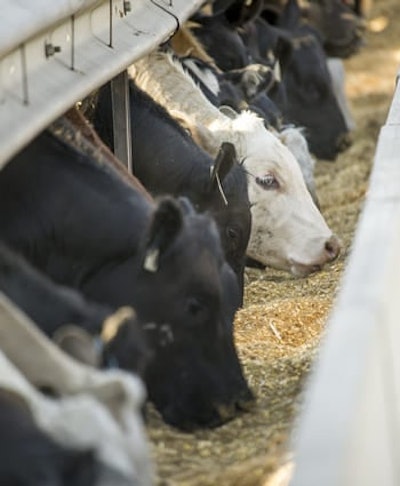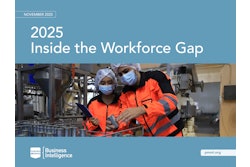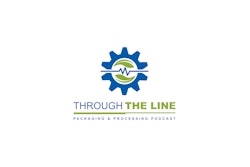
This content was written and submitted by the supplier. It has only been modified to comply with this publication’s space and style.
Cargill and TREES Consulting have developed a Gold Standard-approved beef methodology that offers beef producers a framework for measuring methane emissions reduction while using feed supplements incorporated into beef cattle diets. (Gold Standard’s certification process allows climate and sustainable development initiatives to quantify, manage, and maximize their impacts toward climate security, and requires verifiable impact toward three or more of the United Nation’s Sustainable Development Goals.)
The new beef methodology defines a set of parameters that beef producers can adopt to quantify reductions in methane emissions, which is derived from the digestion process in cattle through burping, as well as from manure handling. The new methodology is available for beef producers worldwide to quantify, audit, and verify methane reductions, enabling them to register their GHG mitigation projects for Gold Standard certification. Gold Standard’s Verified Emissions Reductions can be traded in carbon markets, allowing credit purchasers to directly support the projects.
 | Cargill Diverts Hershey Waste to Livestock Feed |
To qualify for Gold Standard certification, beef producers using the new methodology must first establish a baseline for emissions during “business as usual” activities for a minimum of three continuous years. The cattle given feed supplements must be clearly identified and tracked. The crediting period is set at five years, and can be renewed for an additional five years, excluding the baseline years.
“We know that the industry is looking for more accurate tools to measure methane reduction,” says Joanne Sharpe, Cargill global ruminant sustainability lead. “As producers look at their current levels of production efficiency and work toward sustainability goals, we are committed to finding ways to ensure they can be recognized and rewarded for their efforts. As part of our methane reduction priorities, this methodology is a key step toward opening new possibilities to reduce GHG emissions in the beef supply chain.”



















